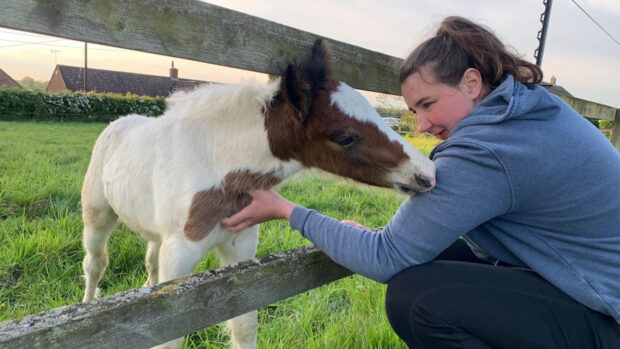THE International League for the Protection of Horses (ILPH) is stepping up its fight against the live transport of horses for slaughter by employing two full-time investigators to monitor travel conditions across Europe.
On 5 January, new EU regulations were introduced to tighten existing Welfare of Animals in Transport legislation laid down in 1995 (news, 30 November 2006). While the ILPH successfully lobbied for the introduction of partitions for journeys of more than 8hr, no changes were made to 1995 rules on rest periods, overall journey times and space per animal.
“Enforcement is our immediate concern,” said ILPH veterinary advisor Keith Meldrum, former chief vet for DEFRA. “We have anecdotal evidence that the rest periods aren’t being met — but we need to back this up.”
Under the regulations, horses can be transported only for 24hr.
“If after these journey times the animals have not reached their destination, they must be unloaded, fed and watered and be rested for 24hr at an EU-approved control post,” a DEFRA spokesman told H&H. “During the journey, they must be given liquid and, if necessary, fed every 8hr. If, on reloading, an animal is assessed as unfit, then it should not continue the journey.”
The two ILPH investigators were hired late last autumn to monitor transport throughout the EU, including Britain. Their brief includes fact-finding about the slaughter trade across Europe, working with European charities, observation at EU checkpoints and other assignments.
EU member states (MS’s) are also required to ensure the transport regulation requirements are being complied with, by carrying out non-discriminatory inspections of animals, transport and accompanying documents.
Under the legislation, veterinary officials can also make spot checks — but the ILPH believes these are not being carried out.
View the ILPH live transport video
Read this news story in full in today’s Horse & Hound (22 February, ’07)




